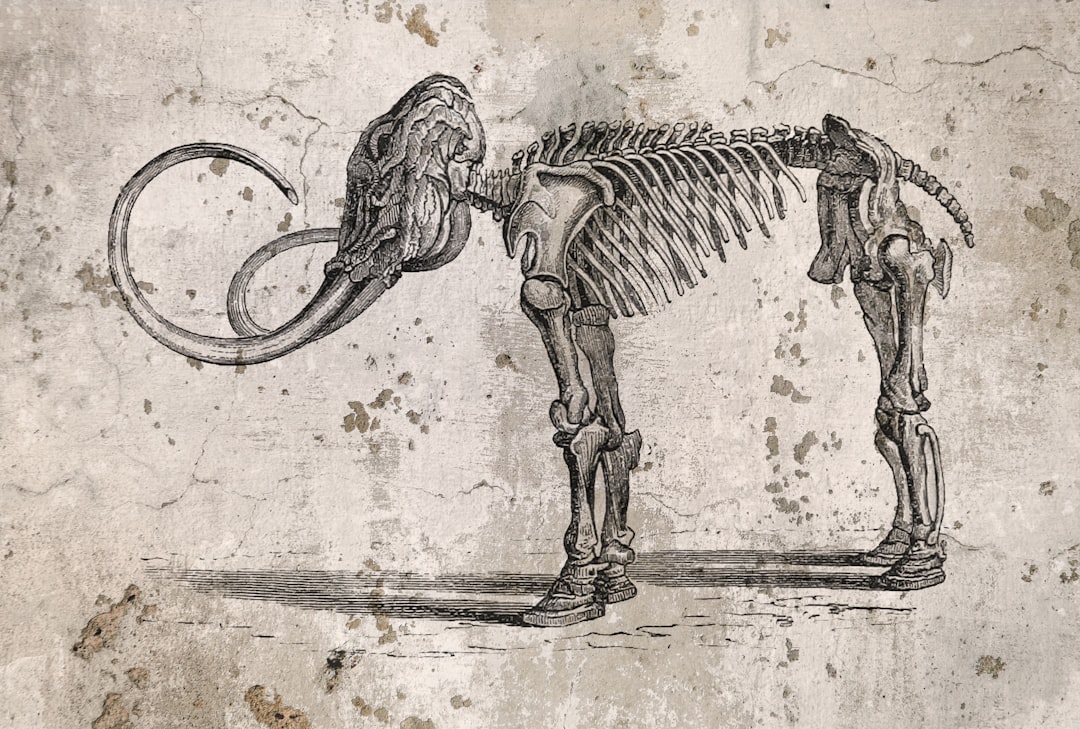
A TCIP Primer and Roadmap for 2026

A TCIP Primer and Roadmap for 2026

Closing reflections on the series and the world that birthed it

How the third chapter in the Echoes of Tomorrow series turns the mirror back on creation itself—and what happens when our technologies start reminding us who made them.

The coming age of scientific superintelligence and the technologies that will make it possible

On the launch of Book 2 in the Echoes of Tomorrow series — and why storytelling belongs in the rooms where we decide the future of technology.

On the launch of Book 1 in the Echoes of Tomorrow series — and why fiction might be our best tool for understanding the technology shaping our lives.

I brought the science, and Sean brought the fiction. How a novel partnership built Synthetic Eden into a hard science fiction take on modern bioethics and genetic engineering.

What the discovery of a new mammoth lineage in Mexico teaches us about the shifting paradigms of life

How specialized AI models are rewriting the code of cell identity and accelerating regenerative biology

From decoding life to redesigning society, the moonshots that chart our biological future

You are why I write this newsletter, and I'd like to say thank you with an advanced reader copy of my debut novel. You helped make this a reality, so be one of the first to read the story.